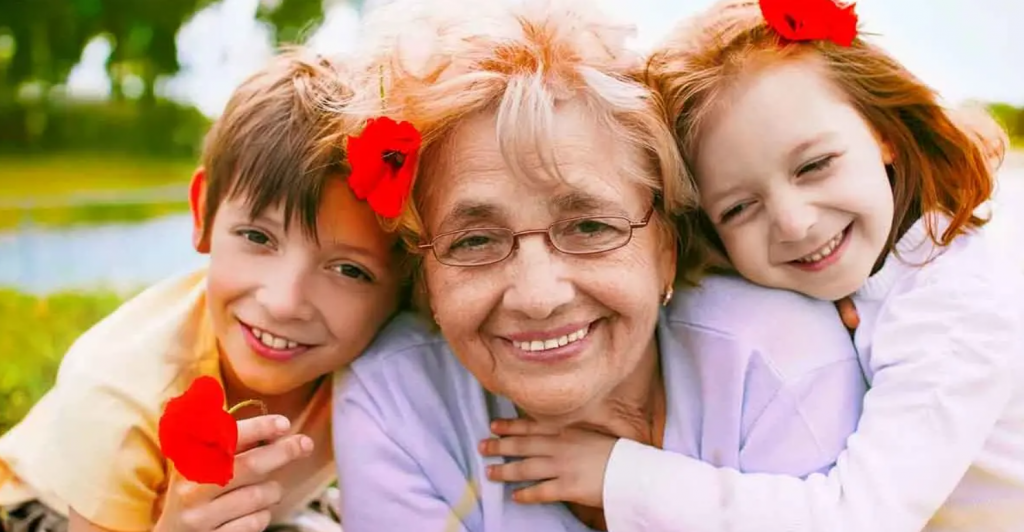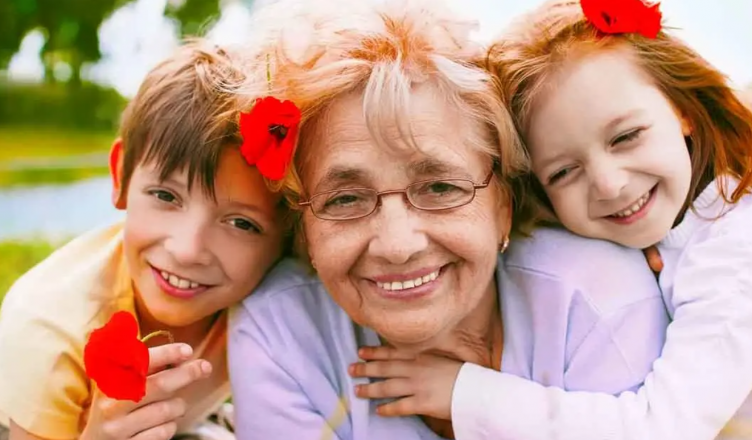Grandmothers occupy a special place in every child’s life. Beyond their traditional role in the family, they play a vital role in the emotional, social and psychological development of grandchildren. Their presence goes far beyond simple hugs and gifts: they are a pillar of support, wisdom and unconditional love, which deeply marks the lives of children.
Grandmothers provide boundless affection, which sometimes differs from that of parents. They are often perceived as indulgent and caring figures, who create an environment of trust and security for their grandchildren. This unconditional love promotes the emotional stability of children, offering them a refuge where they feel accepted as they are.

Having accumulated years of life and experience, grandmothers have a wealth of knowledge to pass on. Their stories, advice and memories offer children valuable lessons on life, resilience and values. They often act as guides, sharing family traditions, recipes, and customs that connect generations. This cultural and emotional transmission helps strengthen children’s identities.
In many families, grandmothers become indispensable helpers for parents. Whether it’s to take care of children while parents work or to provide advice in times of difficulty, their support is often crucial. They allow parents to rest a little while ensuring continuity in the children’s education. Their presence reduces family stress, creating balance and harmony within the home.
Grandmothers are often at the heart of families. They play a key role in maintaining family ties, bringing their children and grandchildren together for special occasions or simply around a meal. This unifying role promotes family cohesion, teaching children the importance of relationships and family values. They help strengthen a sense of belonging and create memories that will remain etched forever.

Grandmothers often embody qualities of generosity, patience, and empathy. By observing and interacting with them, children learn these same values. Seeing an adult figure capable of selfless love, forgiveness, and unconditional support positively influences their moral and social development. Grandmothers model, by example, how to be caring and attentive to others.
In difficult times, whether it is family conflict, separation, or personal challenges, grandmothers often provide a safe haven. Their reassuring presence helps children navigate emotional storms, giving them a sense of continuity and security. They are often the family mediators and know how to ease tensions, helping children better manage stressful situations.
Grandmothers play an irreplaceable role in the growth and development of children. Their love, wisdom, and emotional support create a strong foundation on which children can thrive. They are not just family members, but pillars that positively influence the way children see and interact with the world.
So why are grandmothers so important? Because they bring a wealth of love and wisdom that nourishes children’s minds and hearts, leaving a lasting imprint that continues to guide their lives long after childhood.
